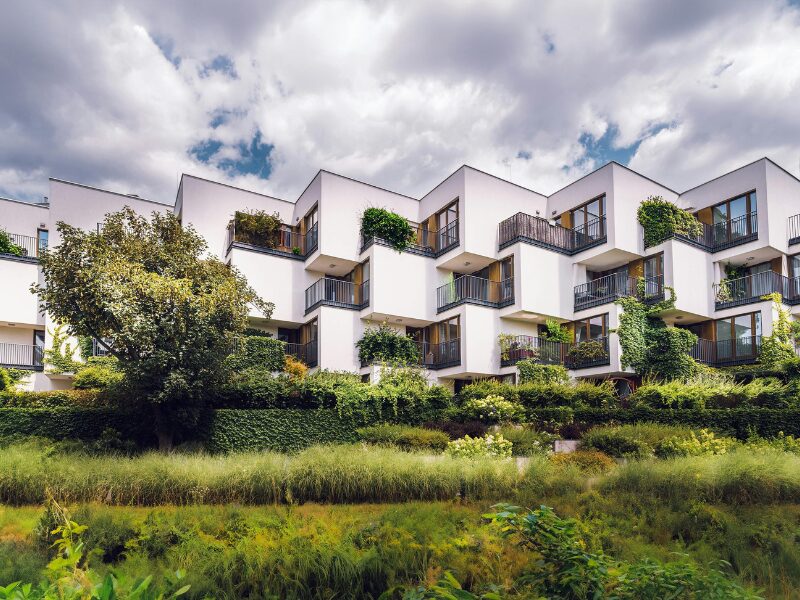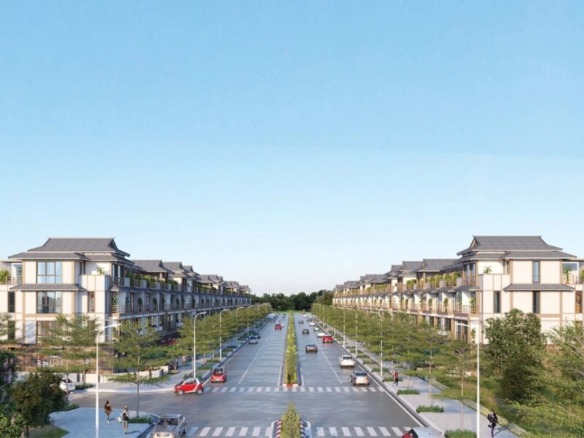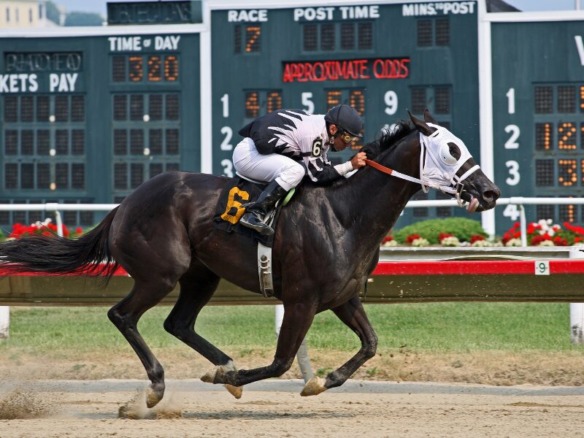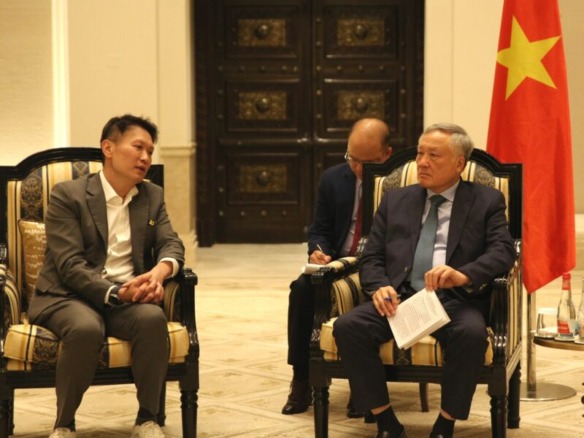Contents
Ho Chi Minh City foreign investment is gaining momentum as Vietnam’s bustling southern hub embraces global capital. Recently, authorities approved 48 additional real estate projects for foreign ownership, elevating the total to 65. This move aligns with the city’s ambition to emerge as a premier financial center. For international investors, it signals ripe opportunities in a market projected to see 39,000 new apartments supplied between 2025 and 2027, according to industry forecasts. However, demand far outpaces this modest pipeline, creating urgency for forward-thinking buyers.
Expatriates already sense the shift. British resident Harry Smith eagerly awaits residential land ownership, calling Vietnam a “promising country” ideal for long-term settlement. Similarly, Spanish expat Gustavo Elias eyes local properties despite lingering procedural complexities. These personal stories highlight how policy tweaks can transform perceptions, drawing high-net-worth individuals to HCMC’s vibrant lifestyle.
Ho Chi Minh City Foreign Investment: Policy Reforms Drive Appeal
Recent legislative changes underpin this surge in Ho Chi Minh City foreign investment. The 2023 Housing Law has liberalized access, while the 2024 Land Law, though not fully recognizing foreigners as land users, paves the way for structured ownership. Experts view the 65-project list as more than bureaucracy—it’s a transparency booster that fosters trust.
Consider the numbers: Foreign direct investment (FDI) into HCMC soared to over $6 billion in the first seven months of 2025, a 46% year-on-year jump. Real estate captures a significant slice, with apartment prices hitting $3,400–$4,700 per square meter by September 2025. This upward trajectory, fueled by urbanization and a burgeoning middle class, positions HCMC as Southeast Asia’s next hotspot.
Lê Hoàng Châu, Chairman of the Ho Chi Minh City Real Estate Association, praises the initiative. “This is a very positive signal,” he notes, enabling developers to tap foreign funds for both future and existing units. Yet, success hinges on balanced implementation—ensuring locals aren’t sidelined amid the influx.
Expert Perspectives on Ho Chi Minh City Foreign Investment Risks and Rewards
While opportunities abound, Ho Chi Minh City foreign investment demands caution. Nguyễn Khánh Duy, Director of Residential Sales at Savills Ho Chi Minh City, urges learning from regional peers. Countries like Singapore impose ownership caps, progressive taxes, and robust monitoring to curb speculation. Vietnam could adopt similar tools for sustainable growth.
- Liquidity Boost: Foreign buyers inject vital capital, easing market stagnation and supporting stalled projects.
- Talent Magnet: Attractive policies lure skilled expatriates, enhancing HCMC’s role as a livable metropolis.
- Price Stability: With supply lagging demand, investors face premium pricing, but long-term yields could reach 5–7% annually, per Savills Vietnam Real Estate Market Report Q2/2025.
Moreover, 75% of foreign residential purchases stem from Asian markets, often as “buy-to-gain” strategies rather than pure residency plays. This trend underscores HCMC’s appeal for yield-focused portfolios. Transitioning smoothly, let’s explore how these dynamics reshape the broader landscape.
Navigating Challenges in Vietnam’s Evolving Property Scene
Procedural hurdles persist, as Gustavo Elias observes, but reforms are closing gaps. For instance, HCMC’s July approval of 17 projects marked an early win, building toward the current 65. Investors should prioritize due diligence, consulting legal experts on ownership limits—typically 30% per project for foreigners.
To deepen understanding, the CBRE 2025 Asia Pacific Real Estate Outlook forecasts 10–15% regional investment growth, with Vietnam leading Southeast Asia. Complementing this, Vietnam Real Estate Market 2025 by Dezan Shira & Associates highlights infrastructure booms, like expanded metro lines, as key multipliers for property values.
In summary, Ho Chi Minh City foreign investment isn’t just policy—it’s a gateway to prosperity. As the market matures, blending global capital with local safeguards will define Vietnam’s real estate renaissance. For foreign investors, now is the moment to engage, blending opportunity with strategic foresight.





Join The Discussion